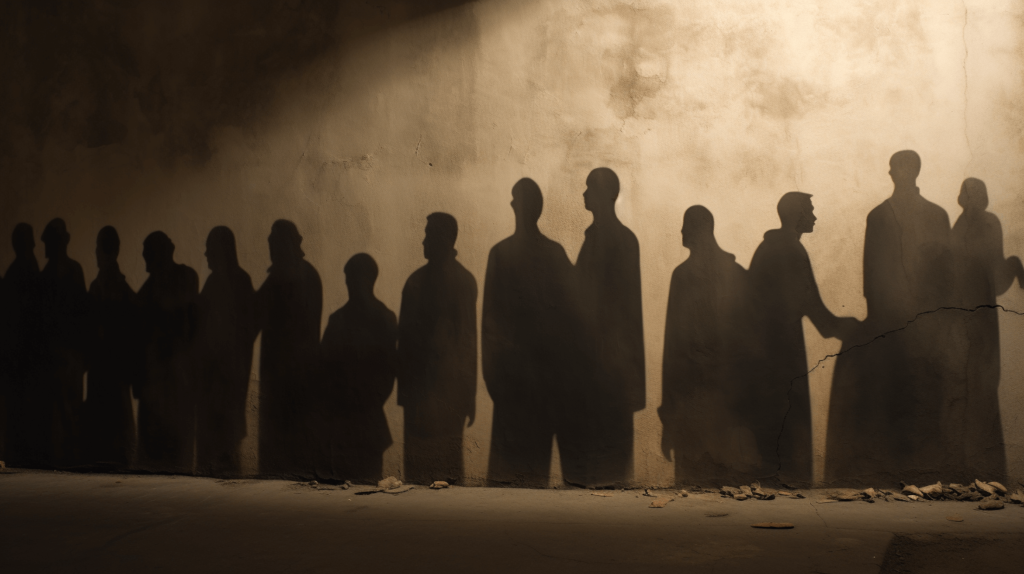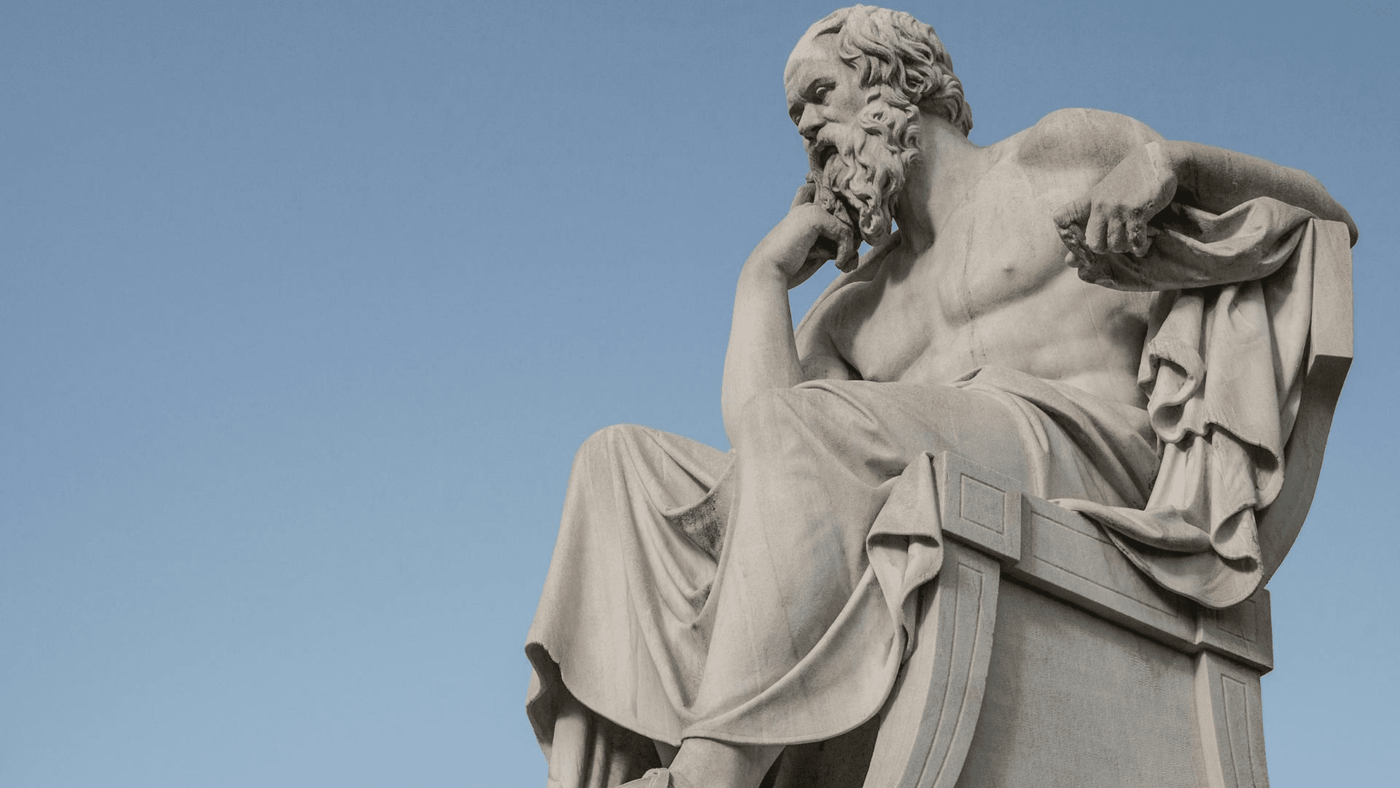Science
How Did Life Rebound on Earth? The Answer Lies Within the Rocks
23 February 2026

When others tell us what we want to hear, we tend to feel satisfied, falsely believing that “everything is going according to plan.” After some time, however, we are confronted with the sad reality in which our wholesome and gratifying relationships are replaced with compulsive compliments and the absence of mutual support and genuine concern for others. Sooner or later, we notice that everyone has only their own interests at heart.
Populism is anything but a new phenomenon. It often assumes the form of a reaction to long-standing social injustice brought about by a dysfunctional system operating within a state. Despite being exceptionally easy to identify, populism continues to attract scores of susceptible individuals and politicians keen to exploit the lowest human instincts and psychological mechanisms to gain as much power as possible. This phenomenon is well documented and defined; however, generational replacement causes a sort of ‘amnesia’ among the population – as if every generation started everything afresh.
The Roman strategy of ‘divide and rule’ was incredibly effective, as was demonstrated by the spectacular conquests which gave rise to the creation of a vast empire. Although Rome ultimately fell, many future rulers drew on this centuries-old political thought. The recent advancement of social engineering, political marketing or public relations has meant that populism has retained its relevance.
A fundamental skill of successful politicians is the ability to sense the public mood. Negative emotions are known to be most effective when it comes to galvanizing and motivating people. If we arouse anger in someone, this anger will likely linger for a long time, and it is an emotion that tends to accumulate. This being said, in order to provoke anger, there needs to be an object towards which this feeling is directed. A process to divide society must be, therefore, undertaken.
The first step is to define and introduce the common enemy. The proverbial ‘elites,’ which exploit ‘ordinary people,’ are frequently designated as the key adversary of the populace. A sense of hurt is also encouraged within the addressees of such an approach. With an emphasis placed on the differences between individual social groups, unity and harmonious social coexistence become unviable options. As mutual resentment grows, divisions deepen, and tribal instincts step to the fore. The general public becomes convinced about the need to compete for resources or assets in order to survive.
At times, social divisions are so diverse that, in order to achieve their objectives, politicians resort to consolidating groups with the potential to back a particular side. The saying that ‘nothing unites humans like a common enemy’ rings very true in this case. And if the enemy does not exist, it must be invented. This may be another culture portrayed as expansive and, therefore, foreign and threatening. This could also be another state assigned with the label ‘invader’ – of course, not in the literal sense, but presented as a country that is economically competitive or competing for the same areas of influence. These could also be specific individuals, most typically politicians representing the opposition. They tend to be ascribed with the worst possible traits or intentions through a focus on difficult periods in their past or words taken out of context.
The emergence of a common goal or enemy to stand up to helps unify social groups with often different views, as fear and hatred are known to prevail over disparities.
Unfulfilled needs provide the most fertile ground for populist slogans. For an effective mechanism to polarize society to be created, the public must first be made aware of such needs. In their absence, an approach often used in advertising can be used, and these wants can be invoked.
One of the essential necessities of any individual is to feel safe. With a home and family acting as a safe haven for an individual, a safe country is its collective equivalent.
In the current geopolitical situation, with tensions at a level not seen since the Cold War, the designated common enemy of the West is unambiguous. Social anxiety is currently cynically exploited by political formations to achieve party interests. Meanwhile, the risk of conflicts is evident. However, promoting fear and instilling a sense of insecurity among the population is highly unethical. This is why populism is slowly but steadily destroying the bonds between people, causing mutual suspicion and resentment. If someone advocates the political convictions of the opposition, they are considered a threat to everyone’s sense of security, as if their voice directly affected the direction in which the events were headed.
The impression of having limited resources and the evoked sense of injustice may give rise to brand-new expectations. First of all, there is the need for justice expressed in the desire for retribution. There is also the powerful tendency towards revisionist visions of wealth redistribution. A conviction is shaped that the ‘elites,’ portrayed in a negative light, possess most of society’s resources. The creation of a myth that a handful of people have come into possession of some assets improperly or dishonestly only serves to exacerbate the sense of injustice among the other strata of the already divided society. The motivational function is fulfilled by the promise of the ‘leveling’ of inequalities, particularly in terms of income, and the promise of a uniform standard of living for all citizens.
The polarization of income levels is indeed a symptom of uneven social development. The clear division between rich and poor is an indicator of a deficient economic system, most often characterized by corruption or oligarchization. This particular social model has developed in almost every socialist economy to date, and this happened because every initiator of the system failed to consider the most disruptive factor to the creation of a communist utopia – the human psyche.
We recommend:
The zero-sum game theory assumes that for someone to win, someone else must lose. Upholding a belief in such a state of affairs allows for easier manipulation of certain social groups. If the public begins to worry about limited resources, individuals will become incentivized to compete for them. Any gain by one group will be considered a loss by the other. The resulting envy, in turn, encourages fear, which can be easily exploited to assume influence. Sometimes, all it takes is the promise that “if we are the ones in power, we will retrieve it from them and give it back to you.” A sufficiently consistent narrative that makes use of emotive vocabulary, such as ‘thieves,’ ‘manipulators’ or, as in the past, ‘bourgeoisie,’ can, in addition to growing resentment, trigger the need for revenge, which is very effective in motivating support for someone in power that makes such revenge possible.
The diverse utopian visions of societies share a common feature – unity. It is expressed in the existence of a common purpose present in both collective and individual consciousness. Sometimes wishful thinking generates visions of a completely homogeneous society, as if, from a certain perspective, all people formed a single body integrated with complementary consciousness with its own needs, which it seeks to satisfy. Introducing such an idealistic vision is impossible, as history has repeatedly demonstrated.
Cohesion does not mean total unification. The founding father of European integration, Robert Schuman, claimed: “It is possible to pursue a common goal without being a completely unified organism.” The essence, however, is to focus on the one attribute of paradise that is present in the material world, i.e. peace. By pursuing this goal, which seems to be the need of everyone with a beating heart, we can, at least for a moment, push aside selfish desires to secure a world without conflict. If we forget this, we will once again invite the god of war into our midst. And his arrival will mean only one thing – death.


Science
22 February 2026

Humanism
22 February 2026

Zmień tryb na ciemny